WATCH: Police Helicopter UNLOADS On Whole Neighborhood During Pursuit
A video showing Brazilian police spraying a Rio de Janeiro slum with gunfire from a helicopter while in pursuit of a drug trafficker has raised concerns about law enforcement tactics in the country.
The video, which was recorded in May 2012, shows police pursuing convicted drug trafficker Márcio Pereira, widely known as Mathematician, through the shanty down Favela da Coréia.
The New York Times reports that a police officer in the video can be heard saying “It looks like him, right?”
“That’s right; it looks like him,” another officer responds. After the exchange, a figure gets into a car. When it begins to move, an officer can be heard screaming "Get it!" at which point the police helicopter opens fire, striking both the car and surrounding buildings with what appears to be heavy weaponry.
Love HuffPost? Become a founding member of HuffPost Plus today.
Despite the huge onslaught of firepower, Britain's Daily Telegraph reports that Pereira escaped after the car was brought to a halt, and was found dead in a parked car the following day.
The footage aired for the first time Sunday on Brazilian TV station Globo.
Adonis Lopes de Oliveira, the helicopter's commander, told Globo that "The street was largely frequented by traffickers," when asked about the risk posed to residents by the seemingly unrestrained gunfire.
Brazil's favelas, or shanty towns, are reportedly home to 12 million people, and have long been associated with drugs--particularly cocaine--and violent crime.
Claims of police brutality in favelas are nothing new; police in Rio and São Paulo police have allegedly killed more than 11,000 people since 2003.
The slums will be in the world spotlight when Brazil hosts the World Cup in 2014, and the Olympics in 2016.
These massive events have prompted huge investment in Brazilian infrastructure. But there have also been accusations that police are using violence in poor areas as a pretense to forcefully "clean up" the country before foreigners arrive.
Slobodan Milosevic
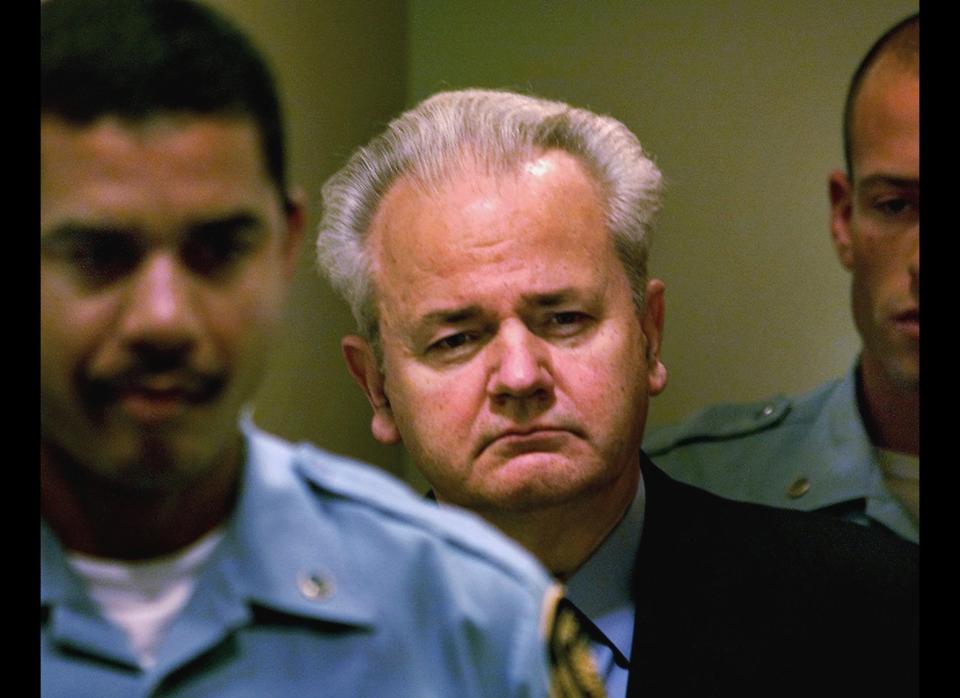
The trial of the former Yugoslav President on charges of masterminding Serb atrocities throughout the wars that tore apart the Balkans in the 1990s dragged on for four years and was eventually aborted without verdicts when he died of a heart attack in his jail cell in 2006. The trial was repeatedly delayed by Milosevic's ill health and propensity for grandstanding in court.
Charles Taylor
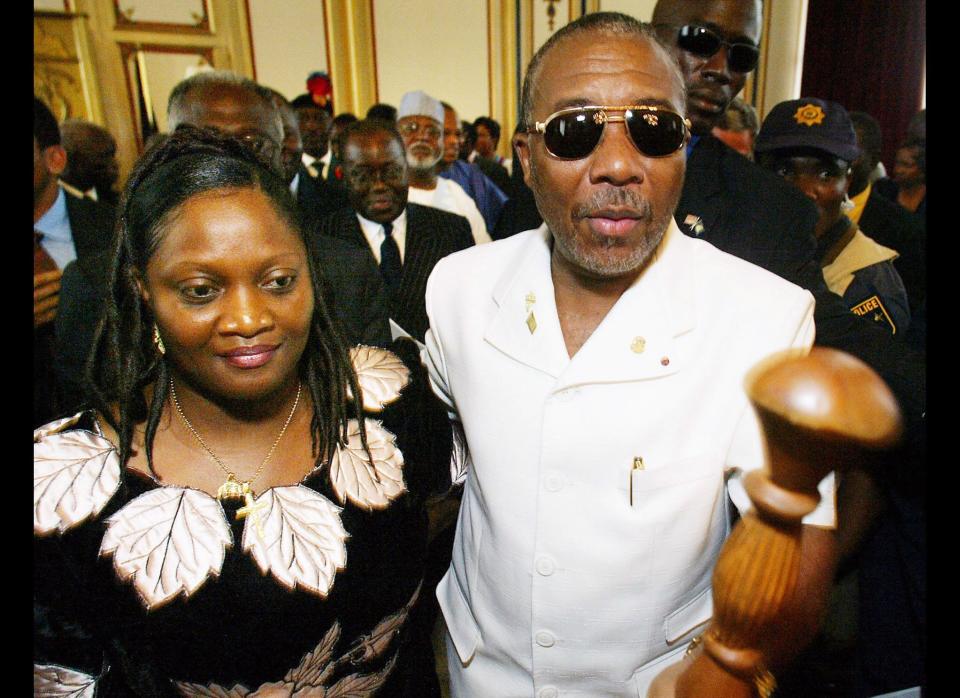
The former Liberian President fired his legal team and boycotted the start of a trial at the Special Court for Sierra Leone in June 2007, claiming he did not have the resources to properly defend himself. The trial got under way again in January 2008 when the first witness testified. Taylor was convicted last month of aiding and abetting murderous rebels in Sierra Leone's civil war. He will be sentenced May 30.
Radovan Karadzic
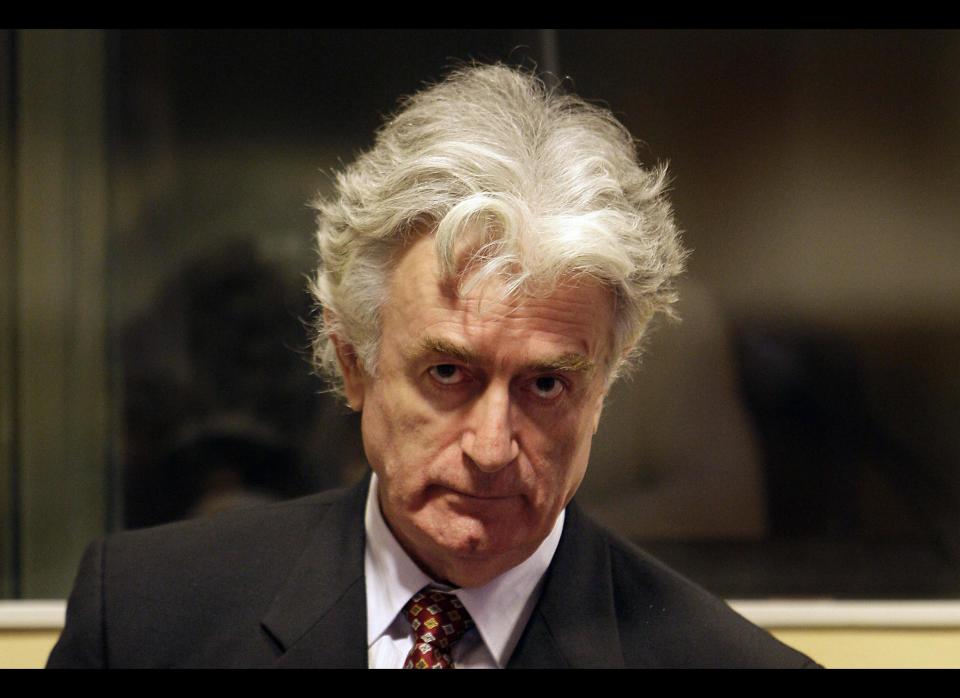
The former Bosnian Serb leader also boycotted the opening of his war crimes trial in October 2009 claiming he did not have enough time to prepare his defense. Judges later ruled that Karadzic had "substantially and persistently obstructed the proper and expeditious conduct of his trial." The first witness finally testified on April 13, 2010. Prosecutors recently finished calling witnesses and Karadzic will begin presenting his defense in October.
Vojislav Seselj
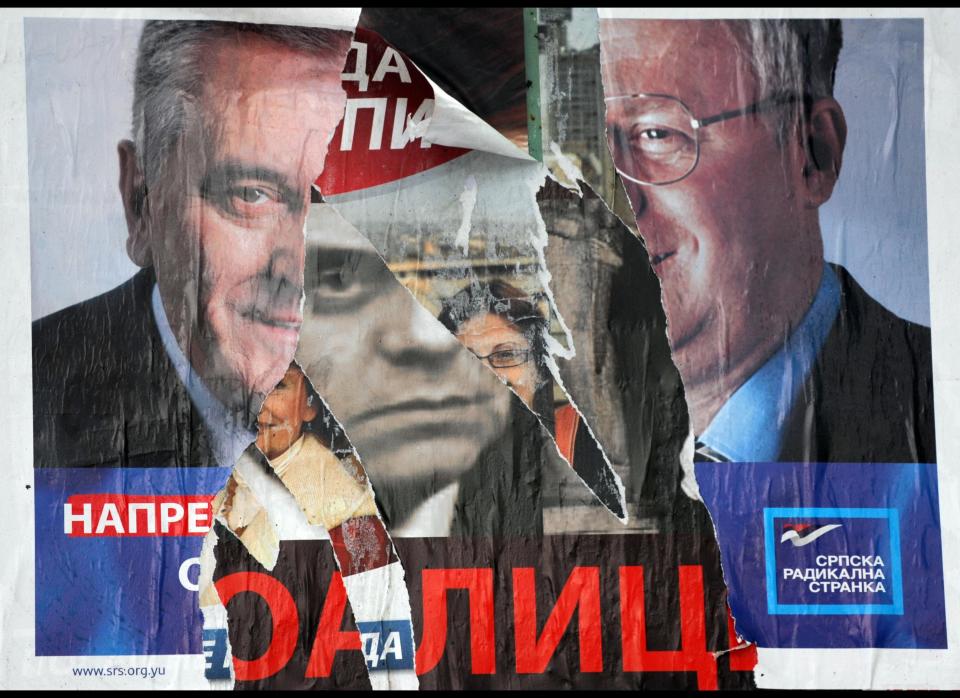
The Serb ultranationalist has repeatedly delayed his case. His trial began in November 2006 in his absence because he was on hunger strike. The court then called for a fresh start after allowing Seselj to represent himself. The trial started again in November 2007 but was halted again in February 2009 amid allegations of witness intimidation by Seselj. The trial finally resumed in January 2010 and judges are still considering their verdicts - more than nine years after Seselj surrendered to the court.
Thomas Lubanga
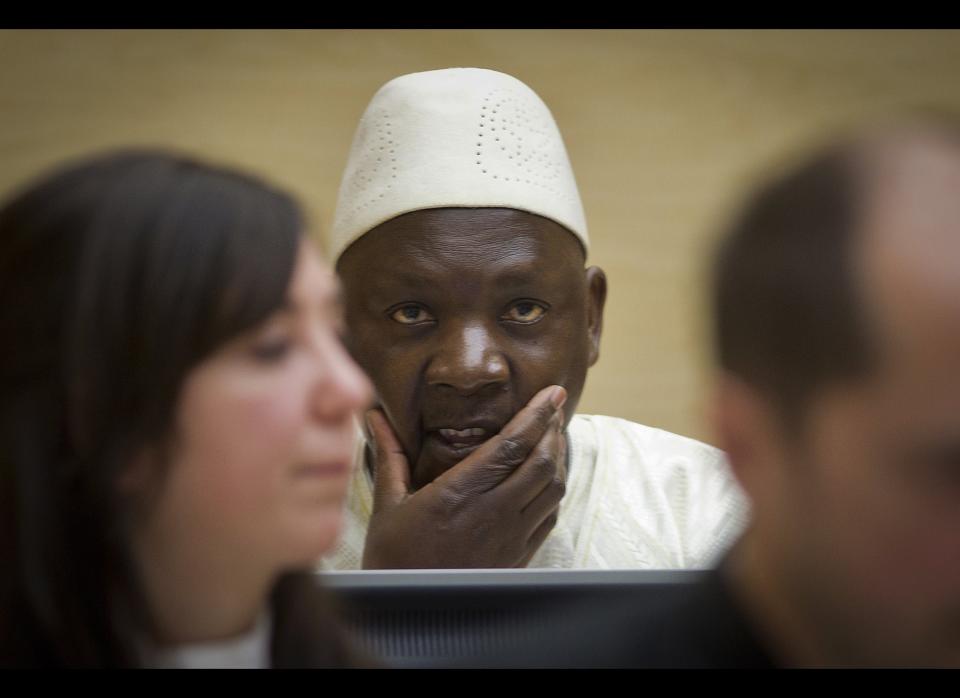
The Congolese warlord was the first suspect to go on trial at the International Criminal Court. His case on charges of recruiting and using child soldiers was twice halted due to prosecutors not disclosing parts of their evidence against him. He was convicted in March, some six years after he was sent to the court and will be sentenced later this year.
This article originally appeared on HuffPost.

